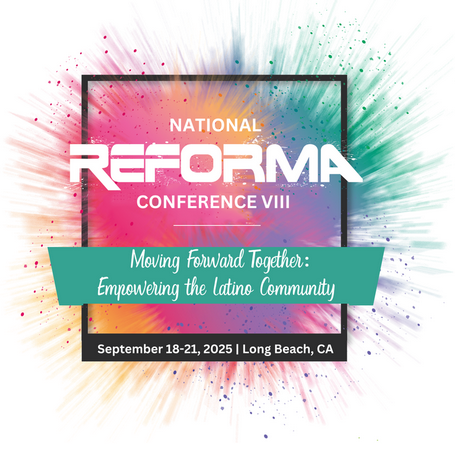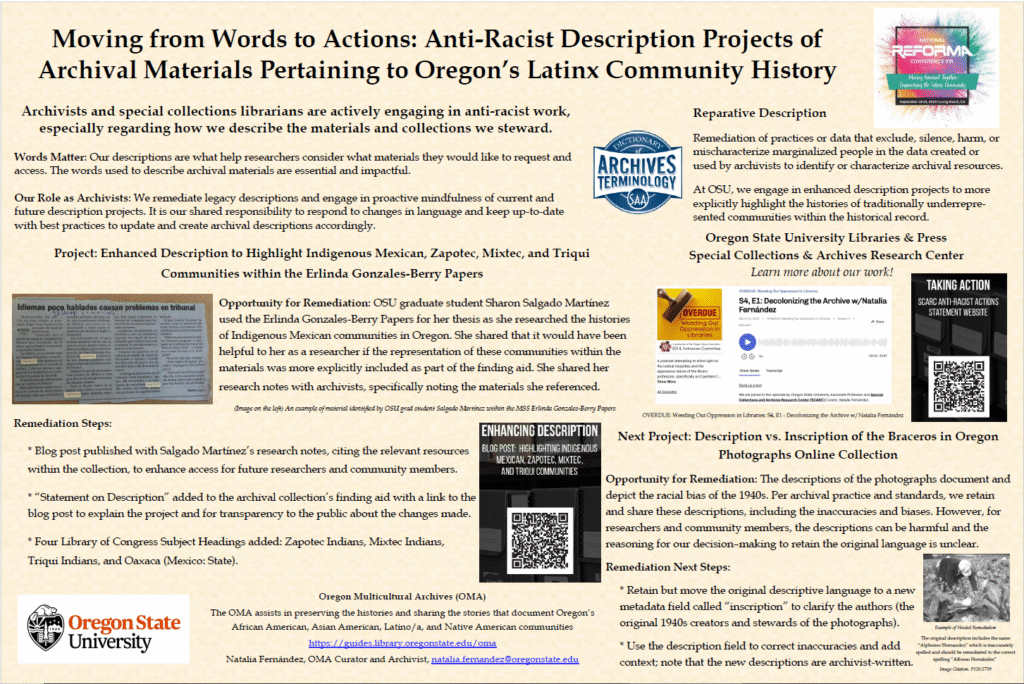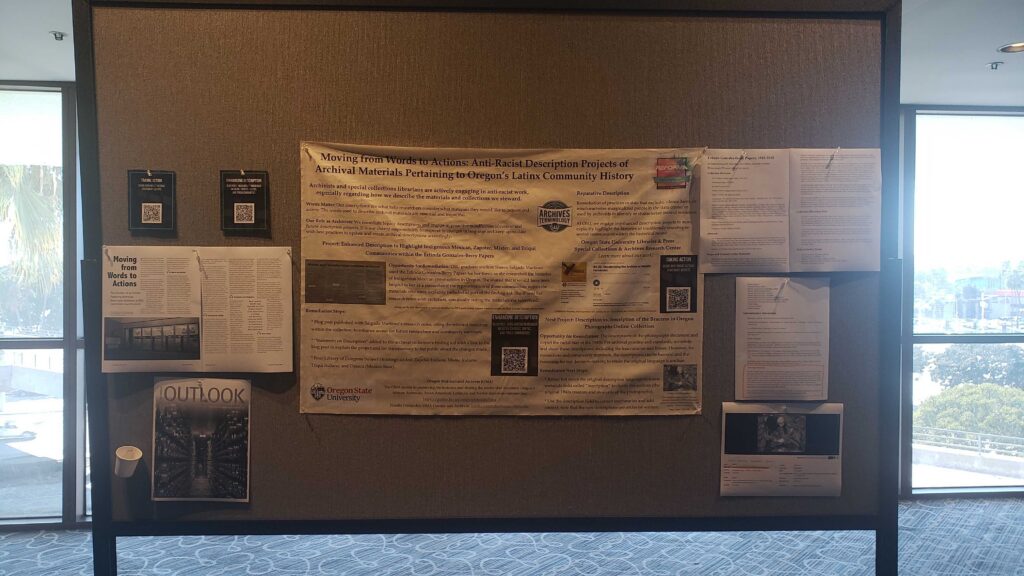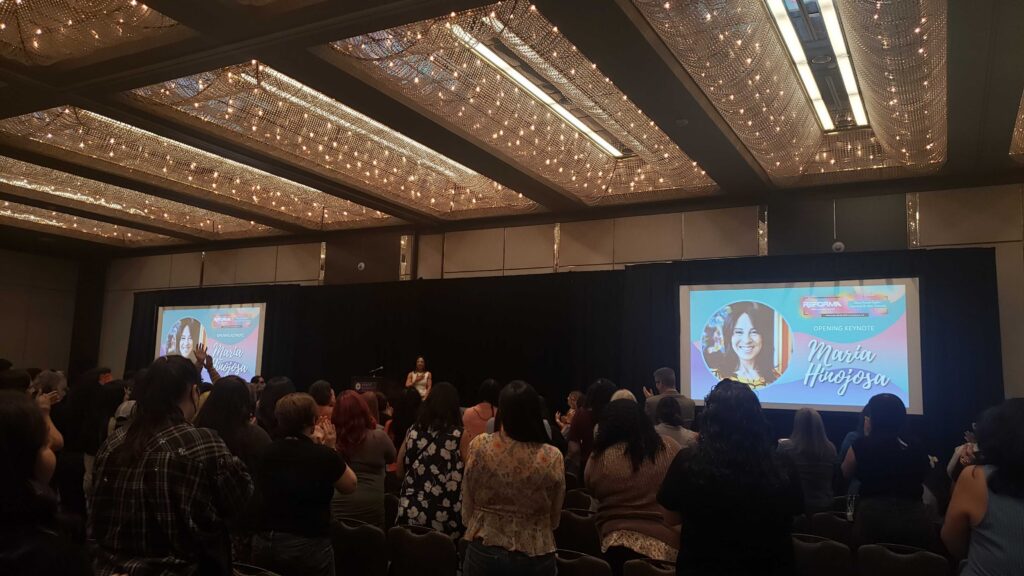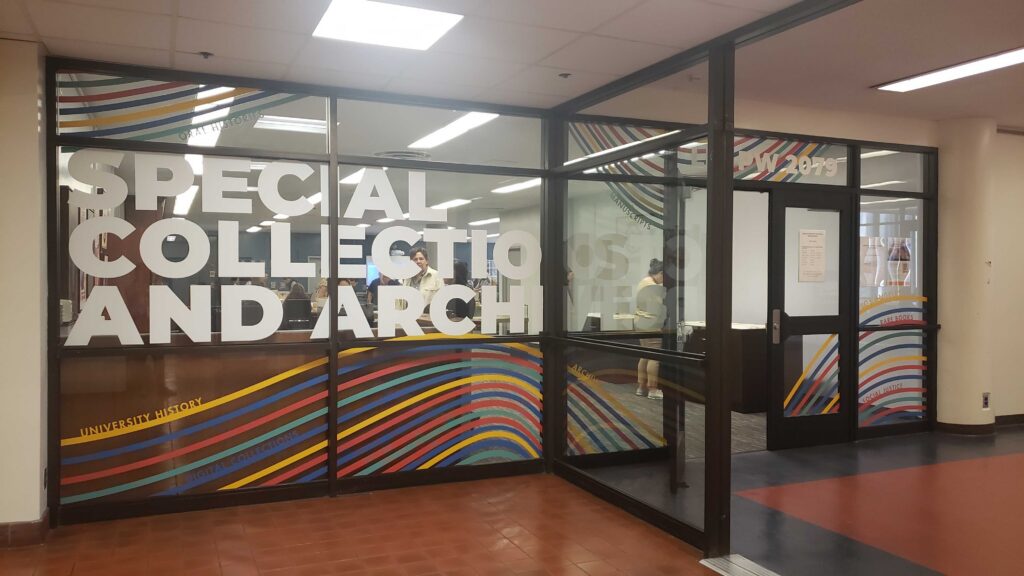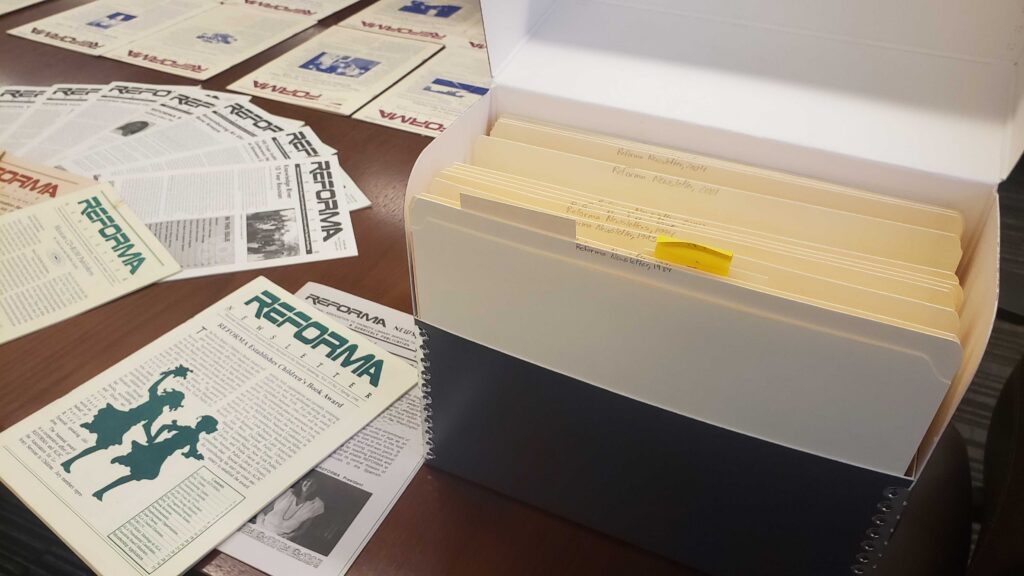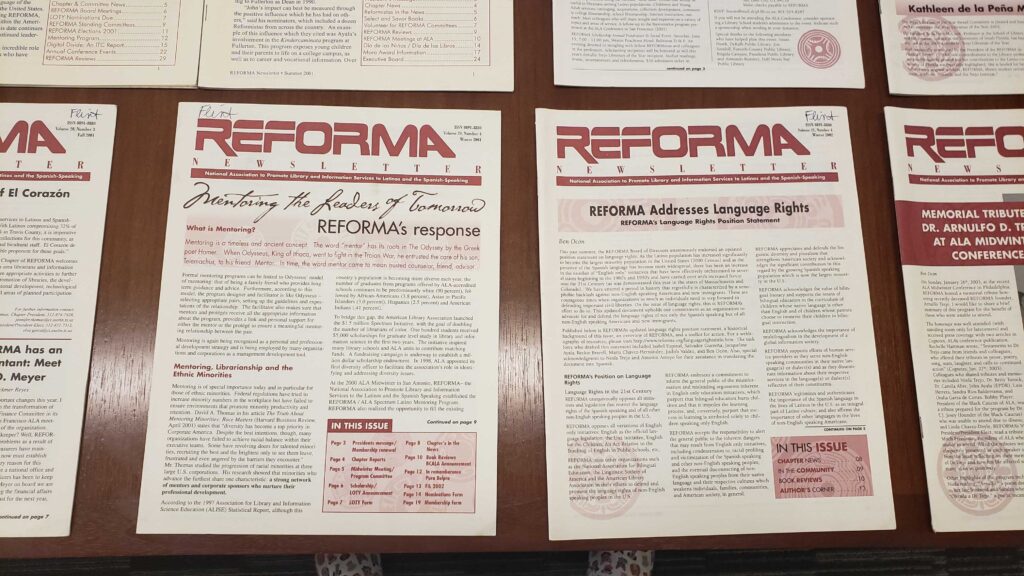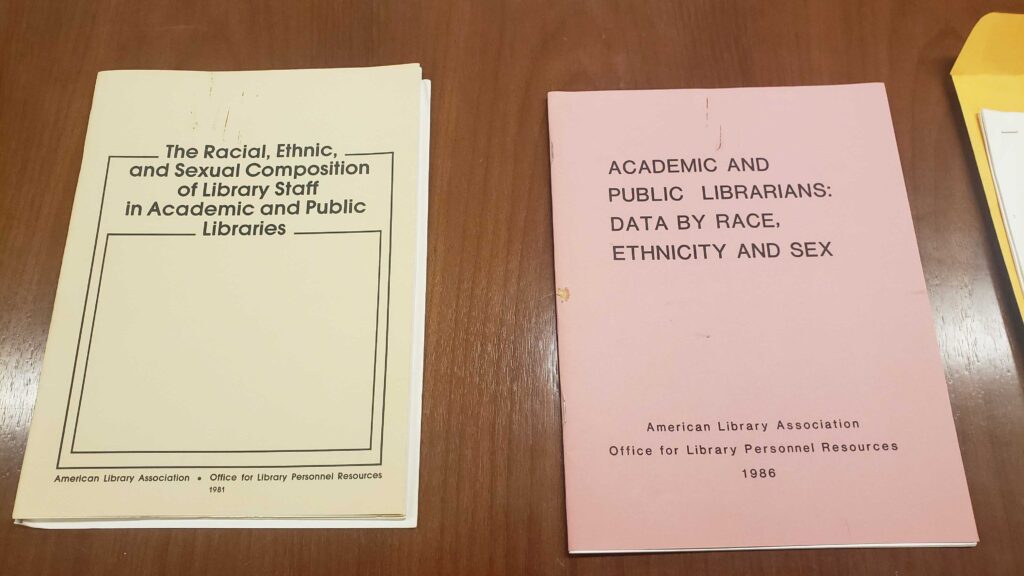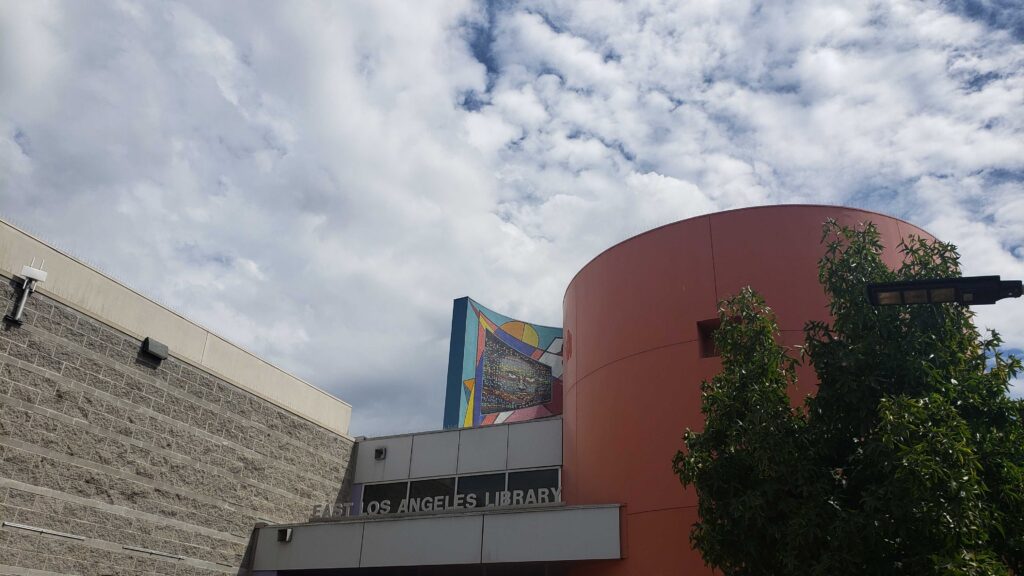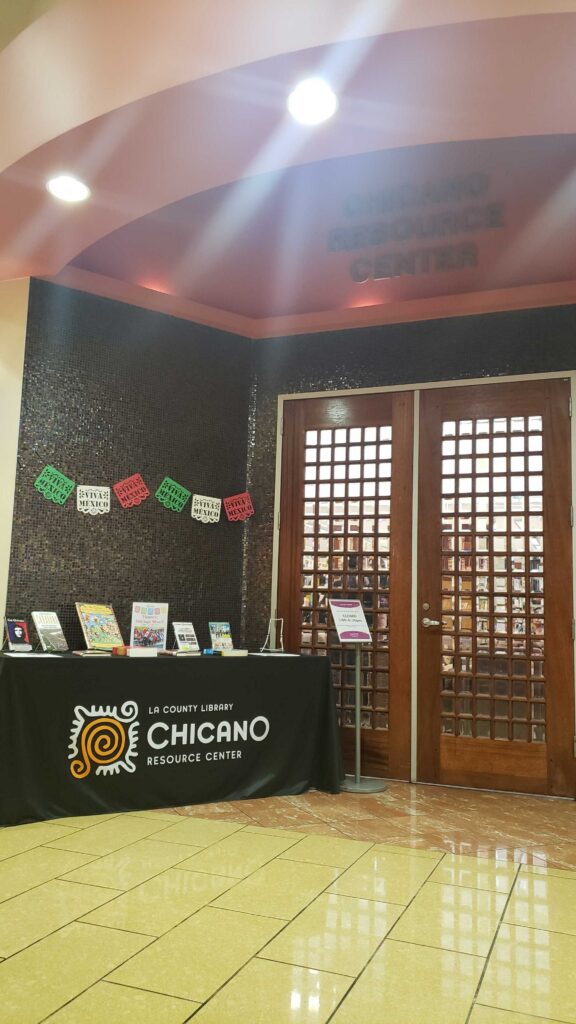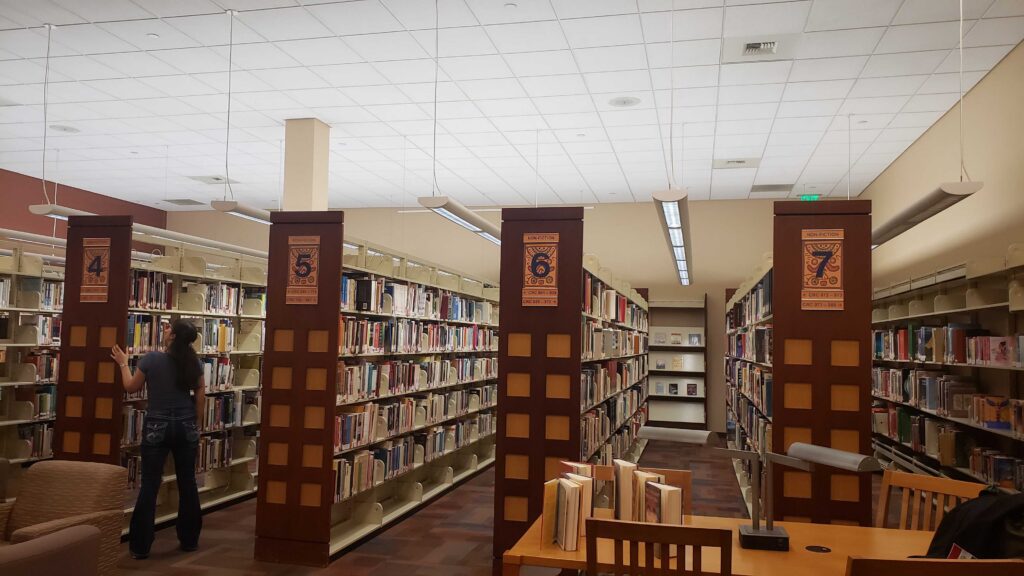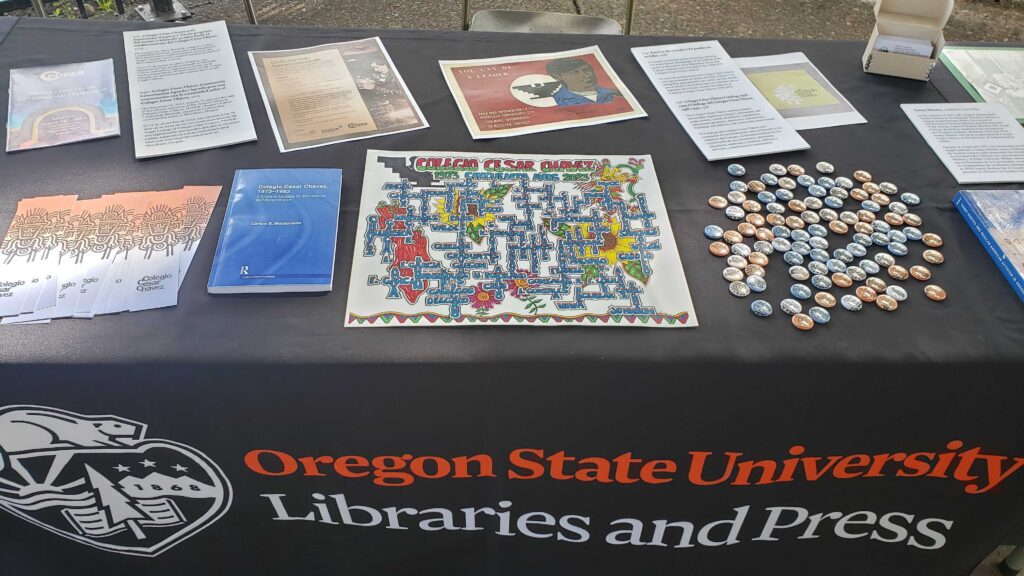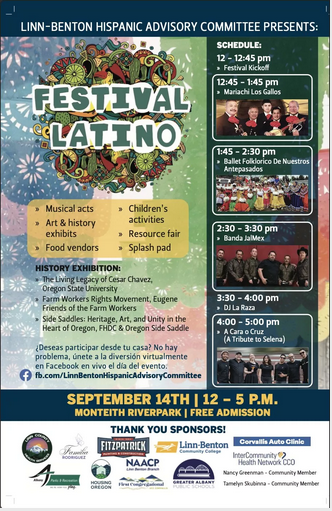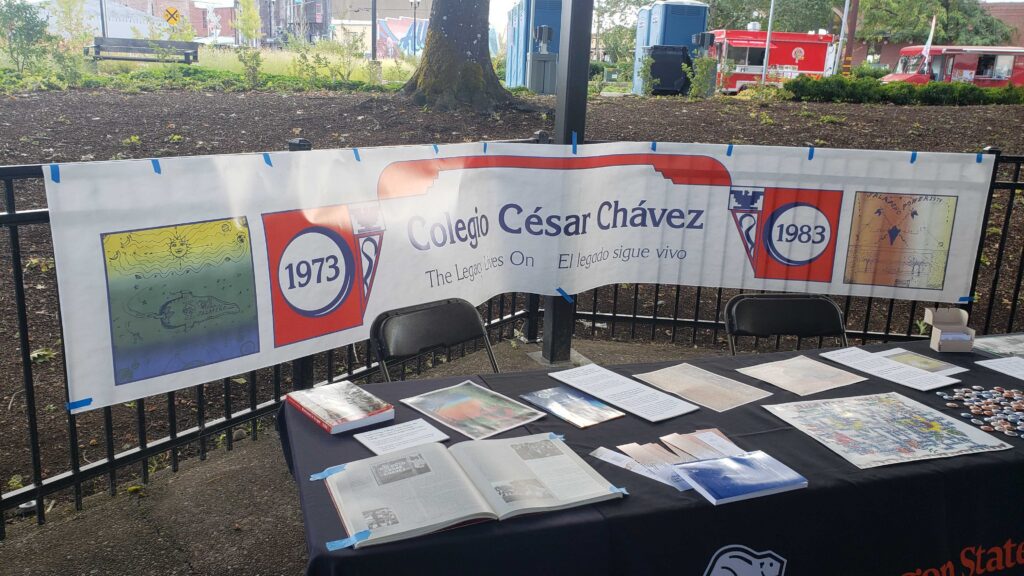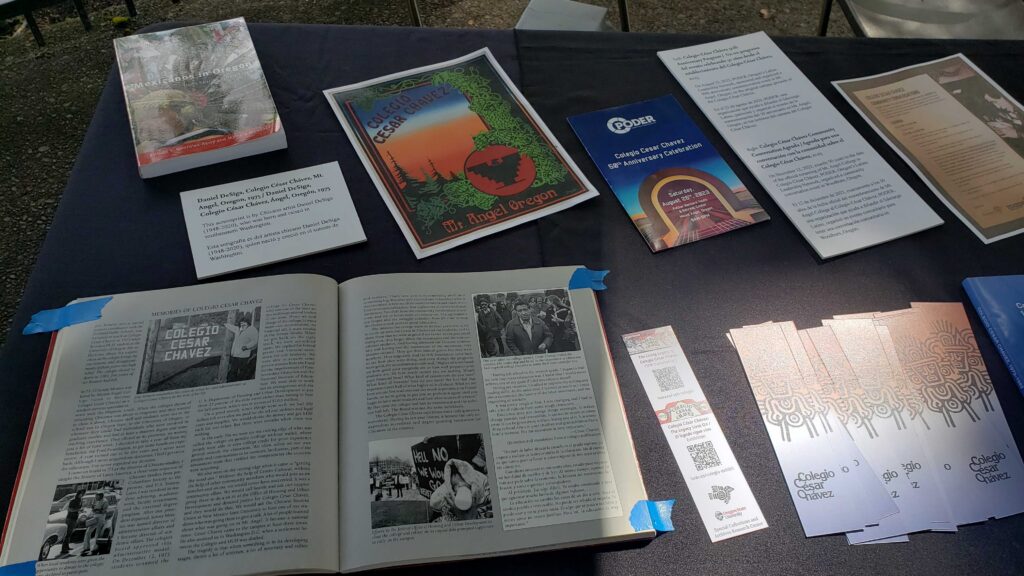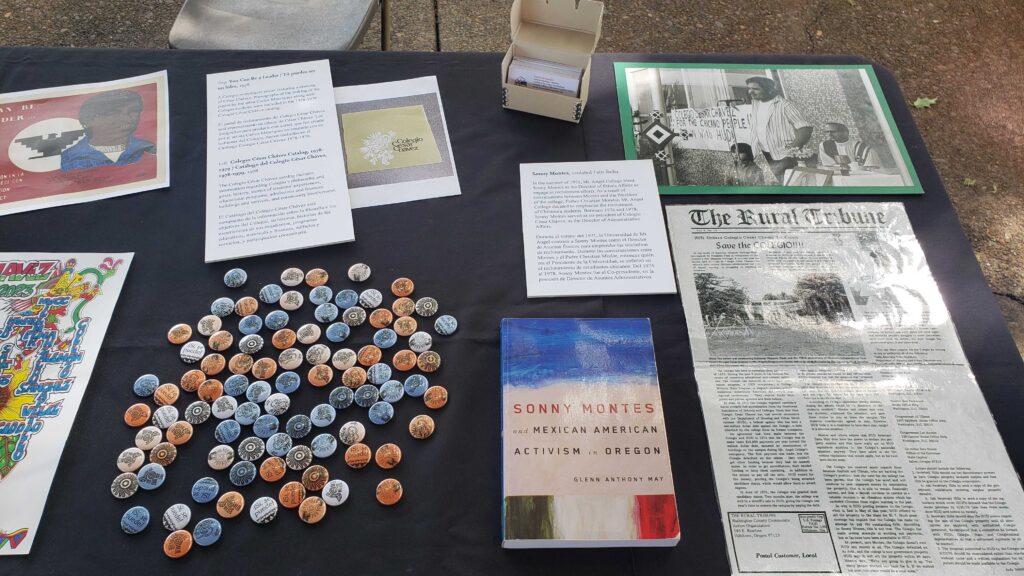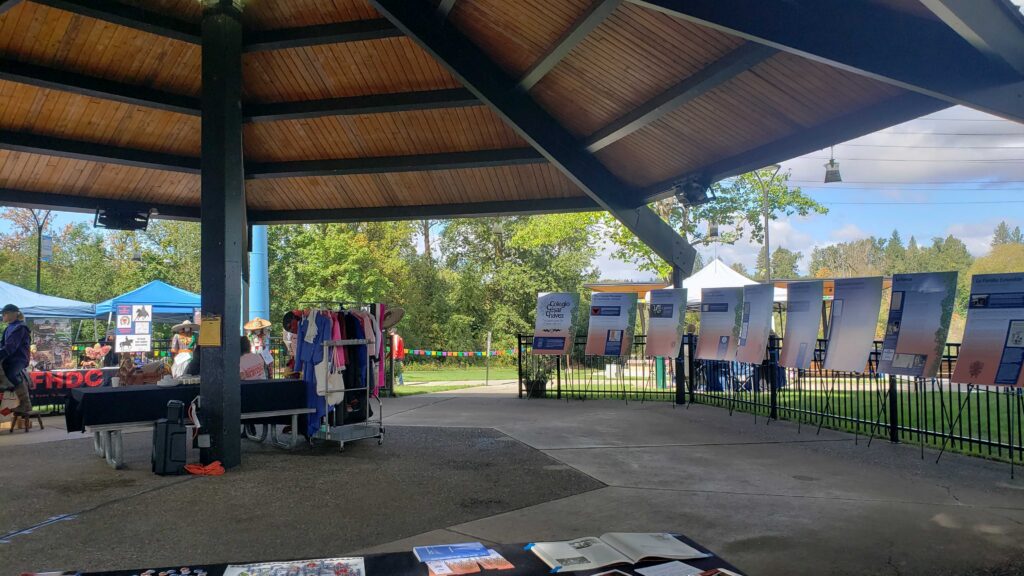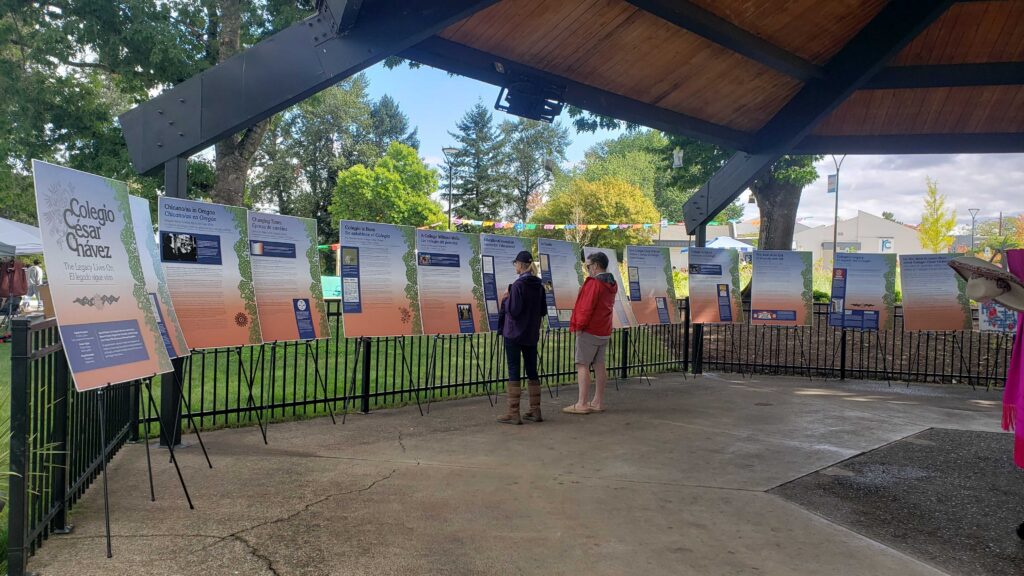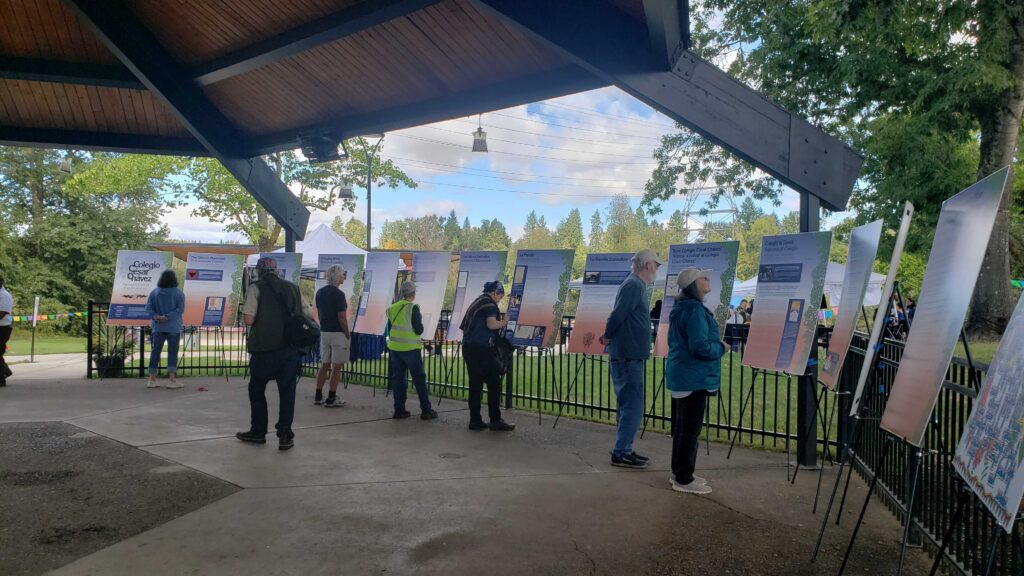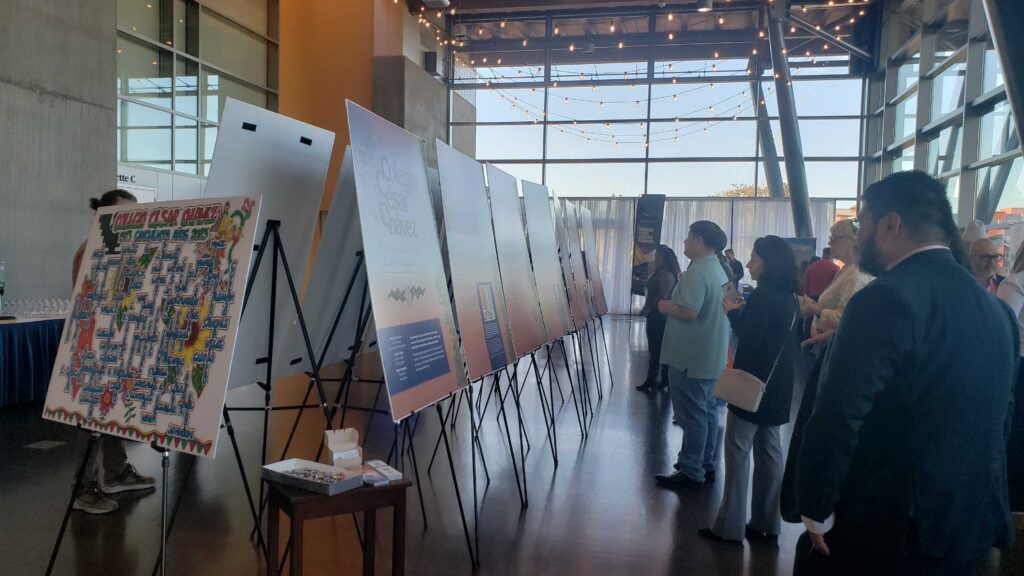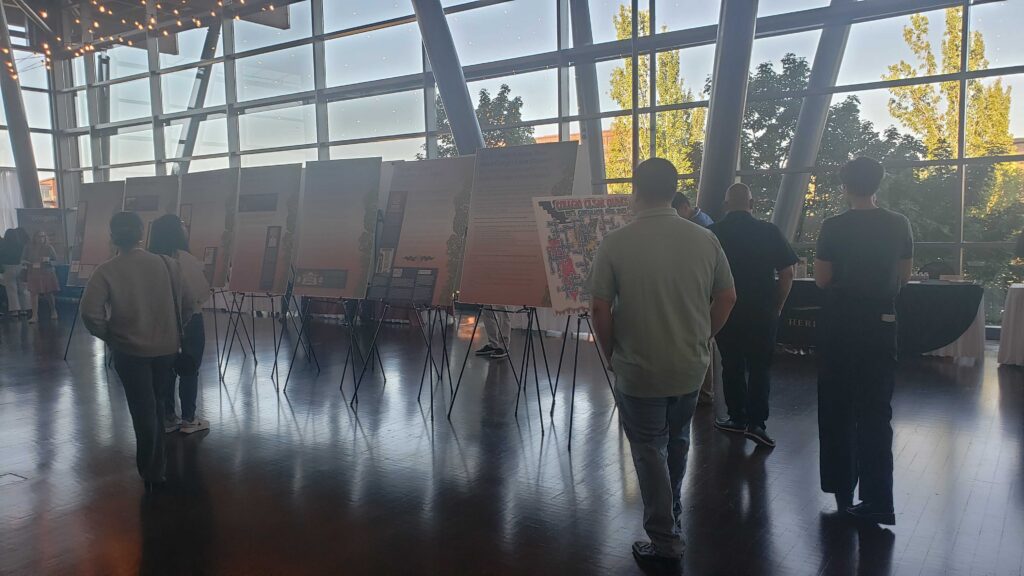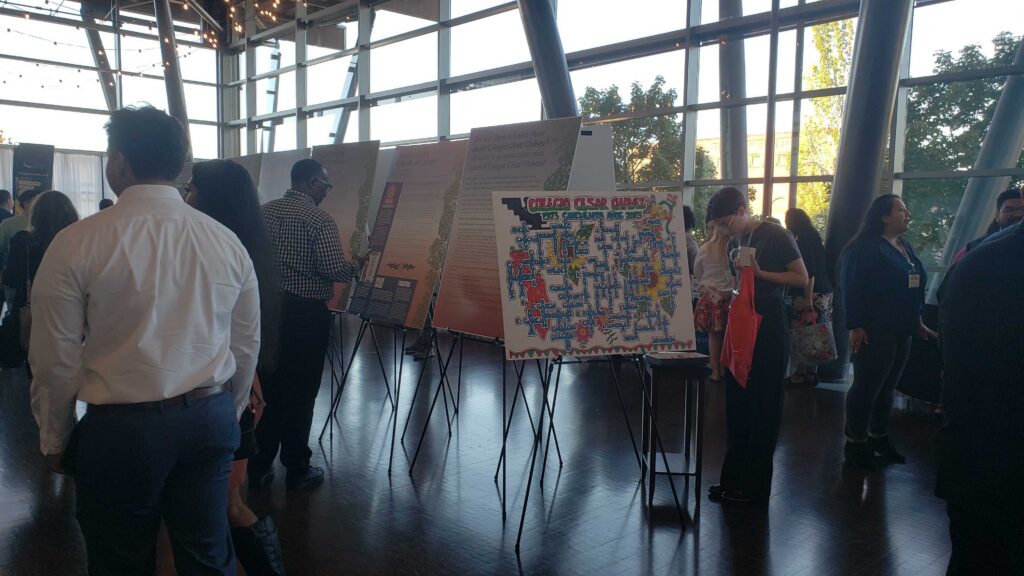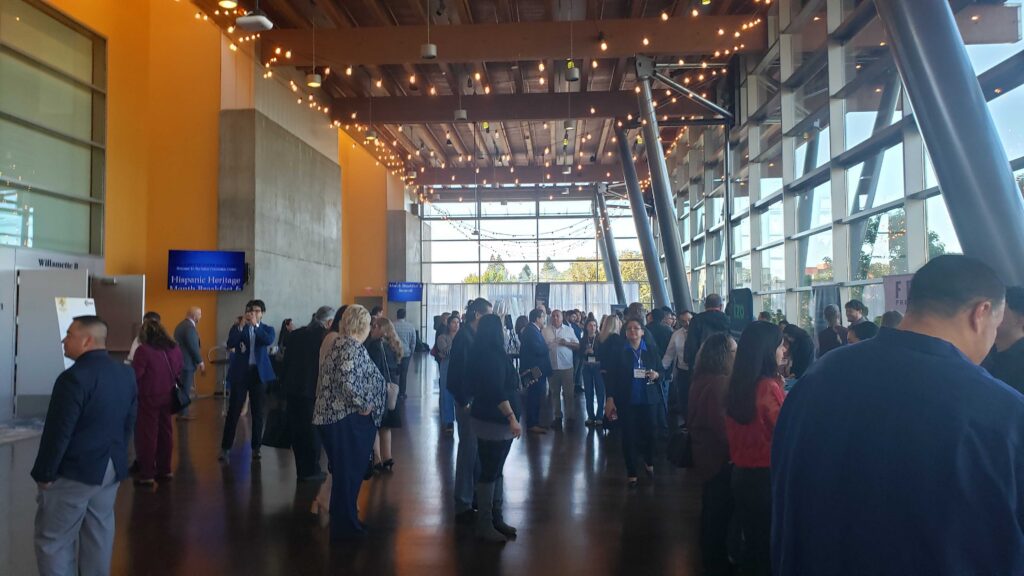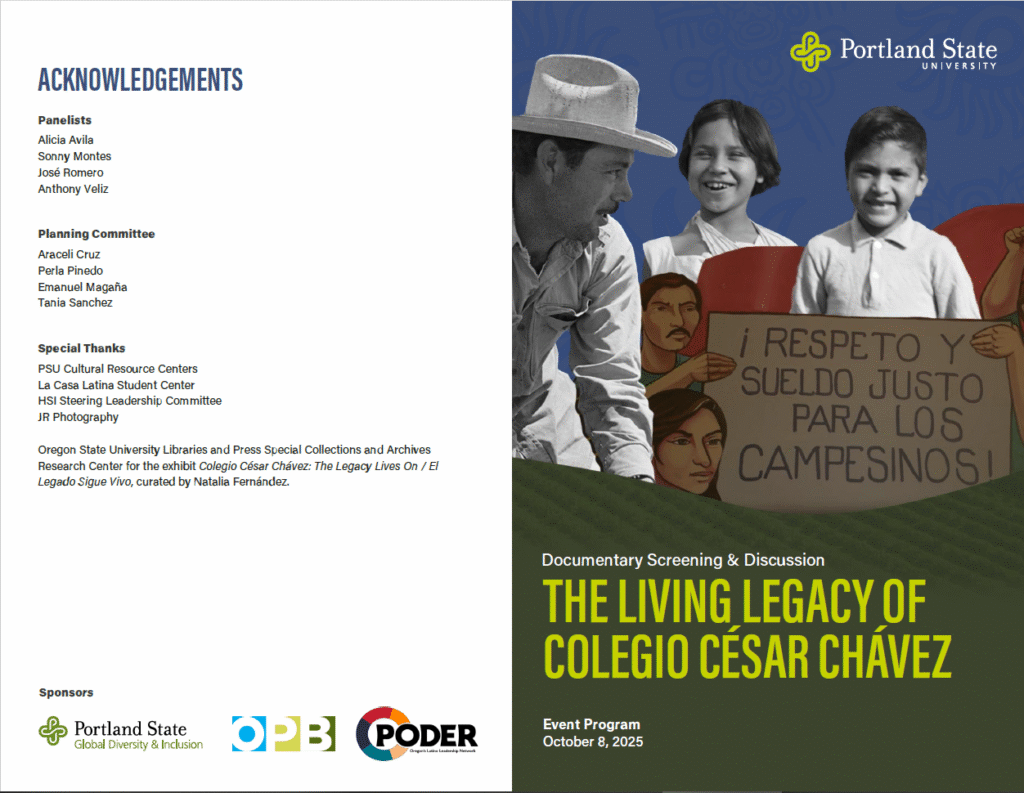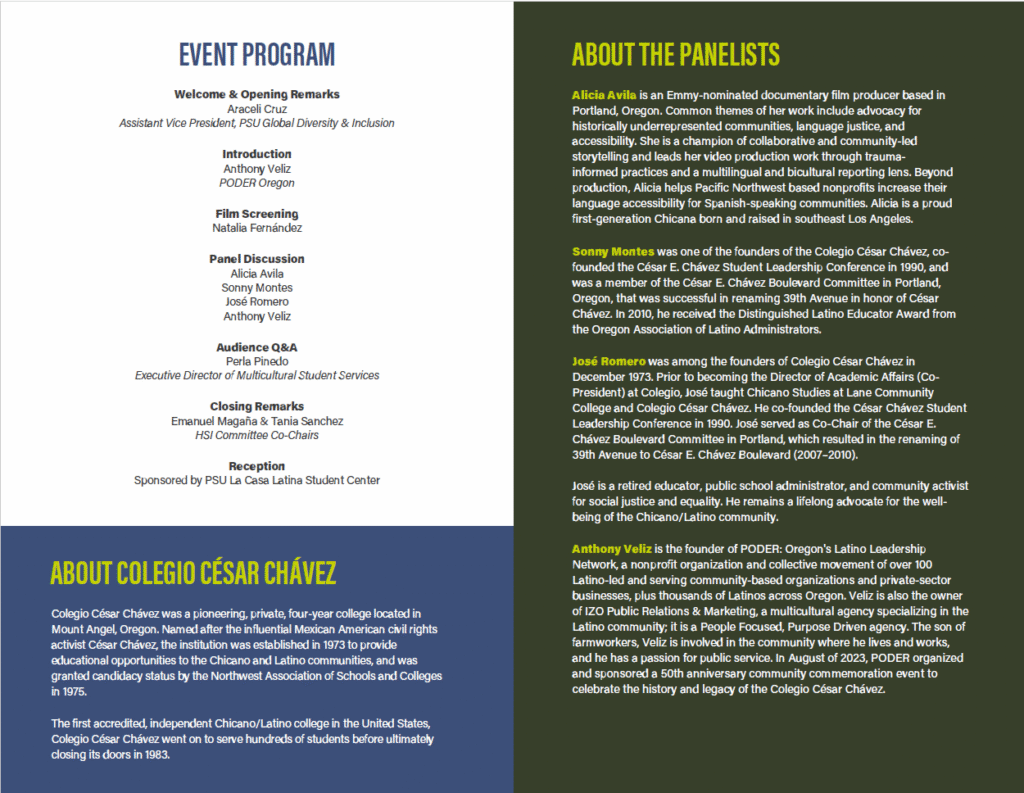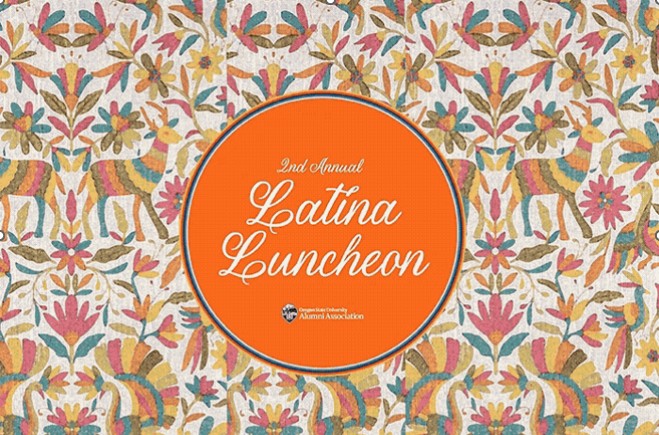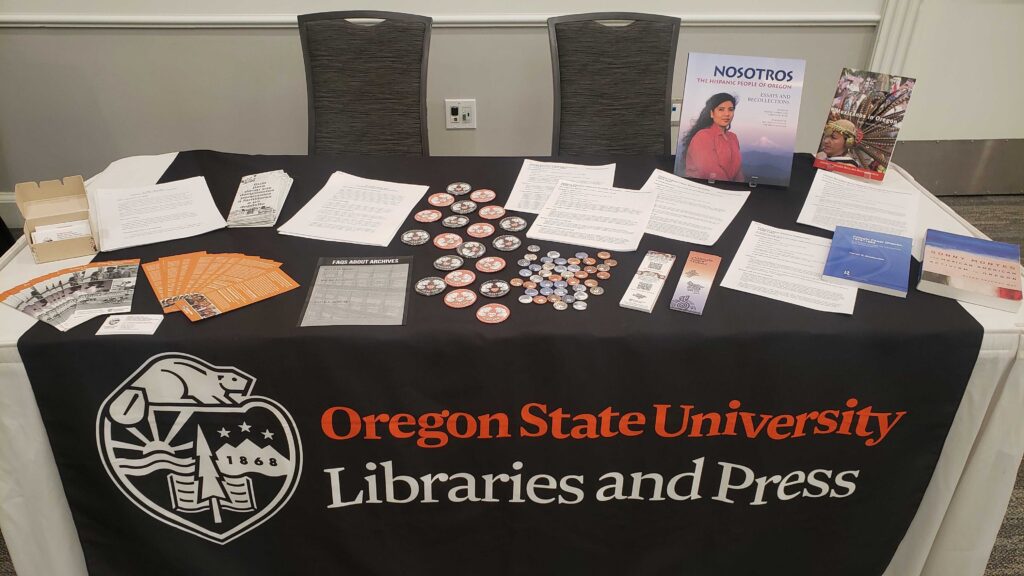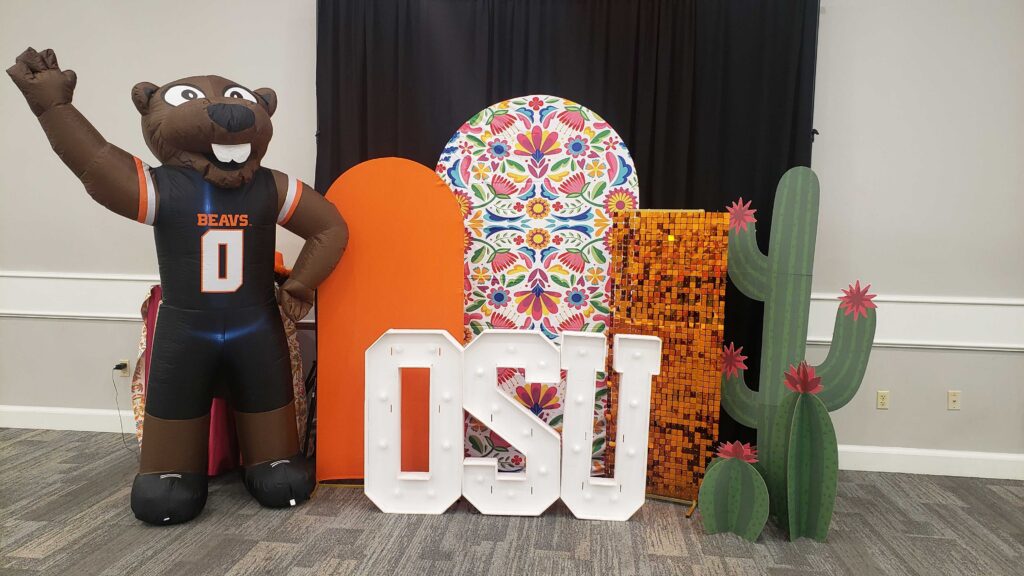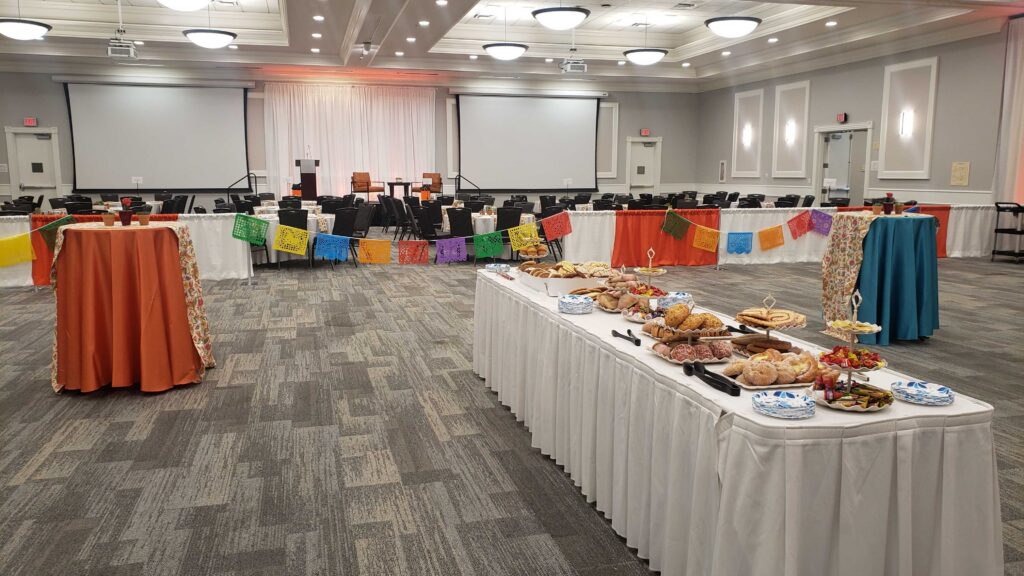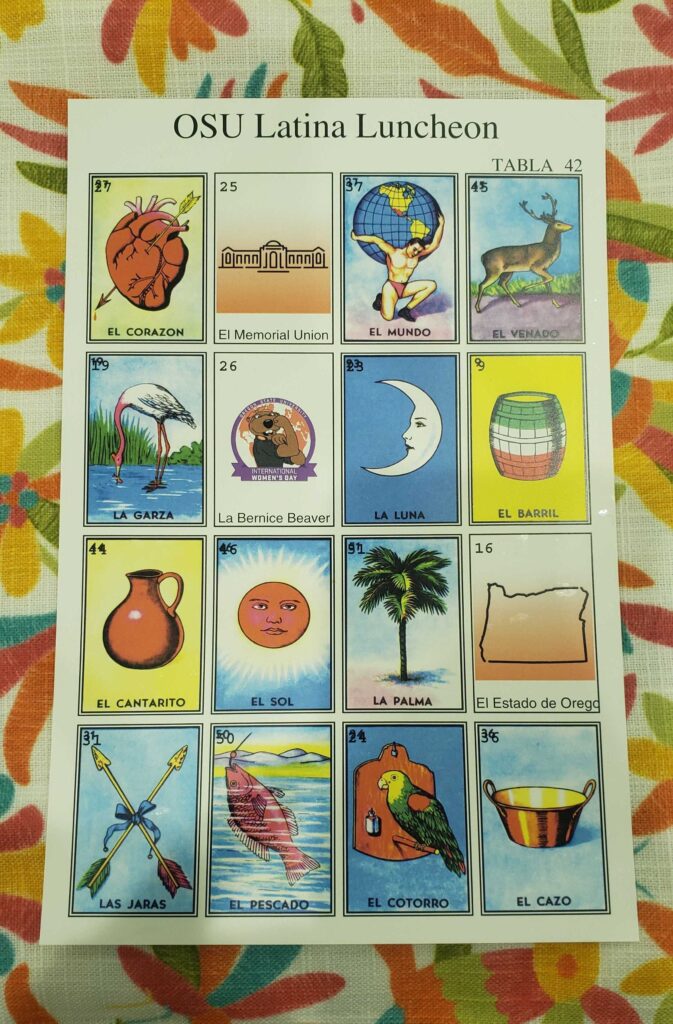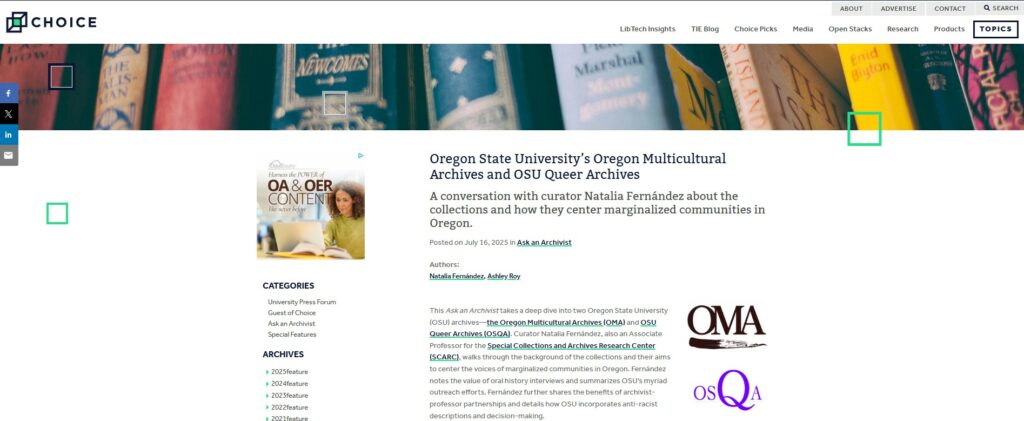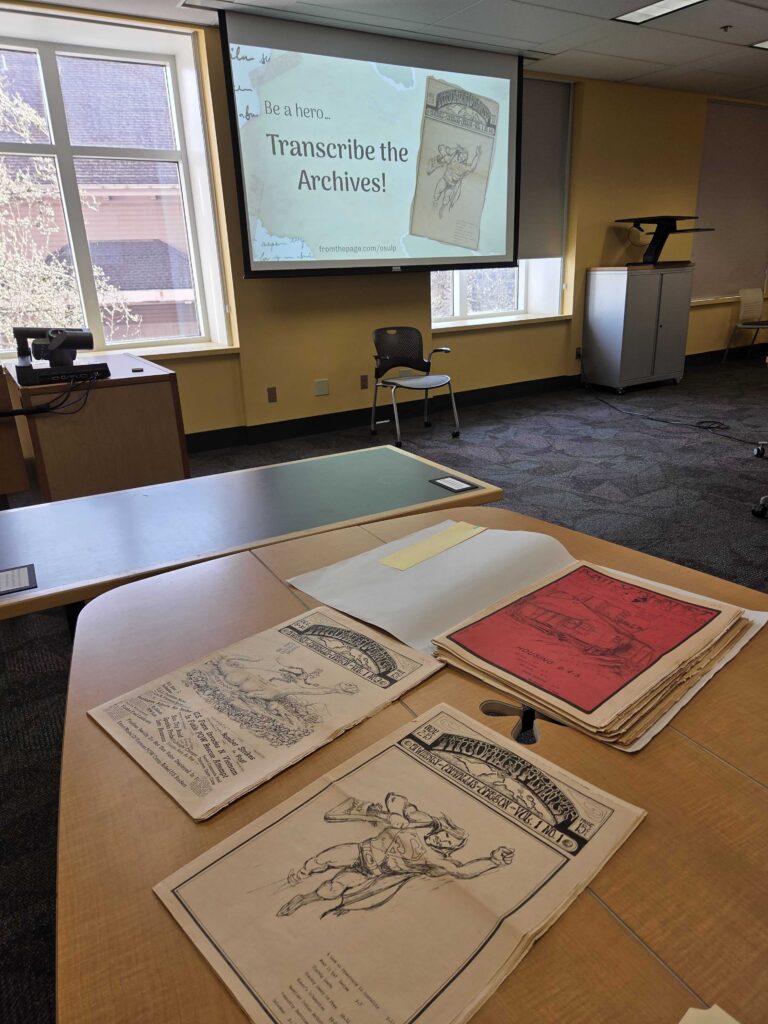
The OSU Libraries, in collaboration with SCARC, hosted its first Transcribe-a-Thon Event via the From the Page platform!
What is a Transcribe-a-Thon Event? An opportunity to engage in transcription work, together and in-person!
What is From the Page? From The Page is a crowdsourcing transcription platform that allows archival institutions to post documents for transcription. While AI tools can be used for transcription purposes, some documents require human review to meet best practices for transcription for remediation purposes.
OSU’s SCARC has a number of projects available via From The Page: OSU SCARC for anyone to work on online from the ease and comfort of their own computers. In January 2026, we decided to host an event to engage in this work in-person with some selected materials for a special Transcribe the Archives milestone project.
What is the Transcribe the Archives milestone project? We want our archives to be open to all, which means we need help from our community members! We have been transcribing our archival materials so that the documents are searchable and screen reader-accessible. As a special pilot project for hosting in-person events, we selected materials from our Underground Newspapers collection that needed human transcribers (and at the time of the event, was almost completely transcribed) and planned an in-person event to see how many pages we could transcribe and review in a couple hours to get us that much closer to completing the project.
About the Underground Newspapers collection: The Underground Newspapers collection consist of publications, primarily written and produced by Oregon State University students, that were intended as alternatives to the mainstream press. Most of the publications were issued during the period of student unrest in the 1960s and early 1970s. The predominant topics are civil rights, specifically racial incidents at Oregon State University, and the war in Vietnam. All of the items in this collection are available online in the Oregon State University Student Protest and Underground Publications digital collection.
From the Page Collection: OSU Student Protest and Underground Publications
About the Transcribe-a-Thon Event: The event took place noon to 2 p.m., Monday Jan. 20th in the Valley Library’s Autzen classroom. All were welcome and we provided all the training needed as part of the event.
Over the course of the 2 hours we had 8 people (1 community member, 1 student, and 5 faculty/staff) join us. Participants were encouraged to work on documents within the OSU Student Protest and Underground Publications, but were able to work on any OSU materials in need of transcription, and over the course of the two hours, 91 pages were transcribed!
Transcription by Humans vs AI Tools



Do you want to work on this project with us? Please do!

Photos from the Event
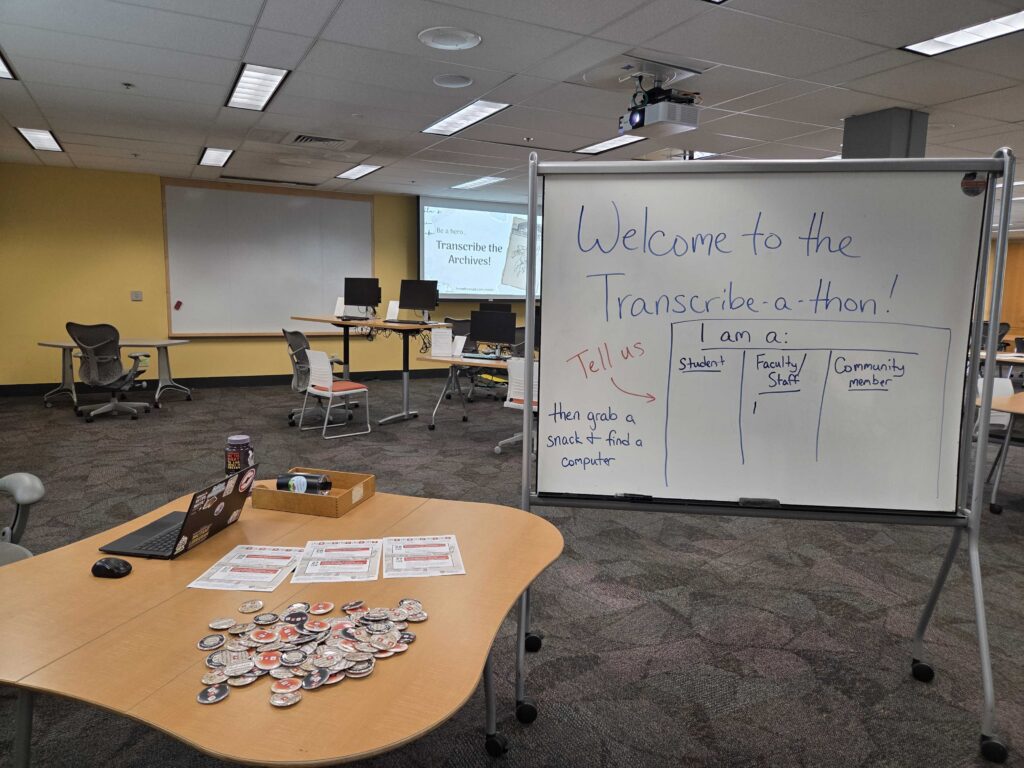
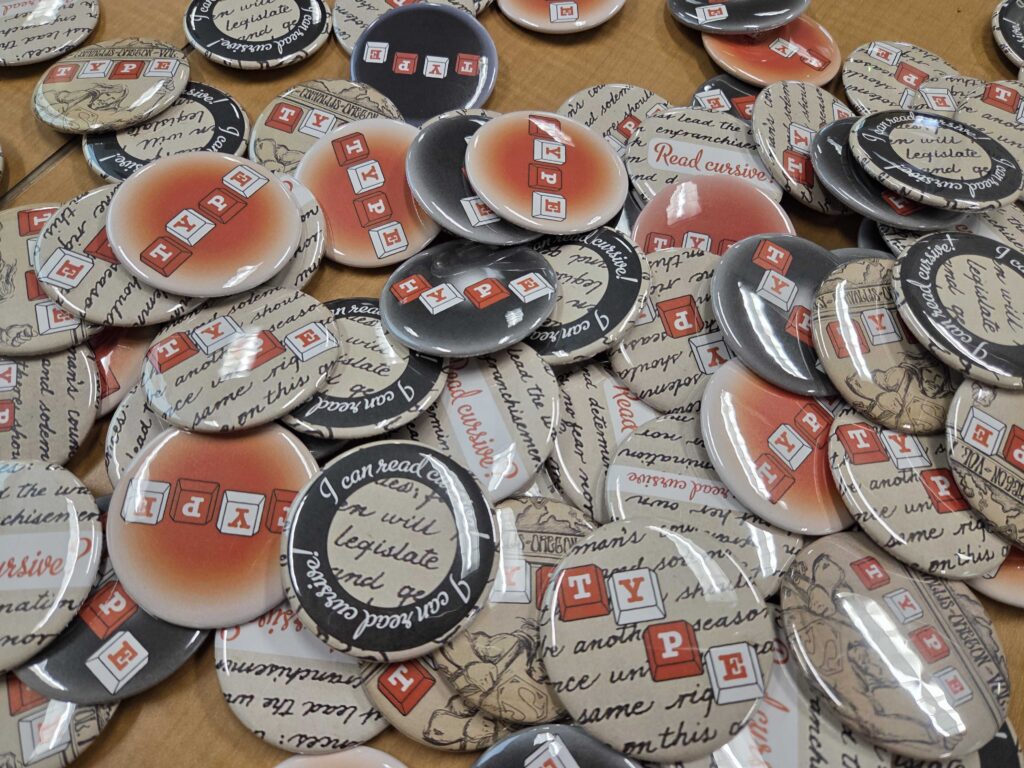
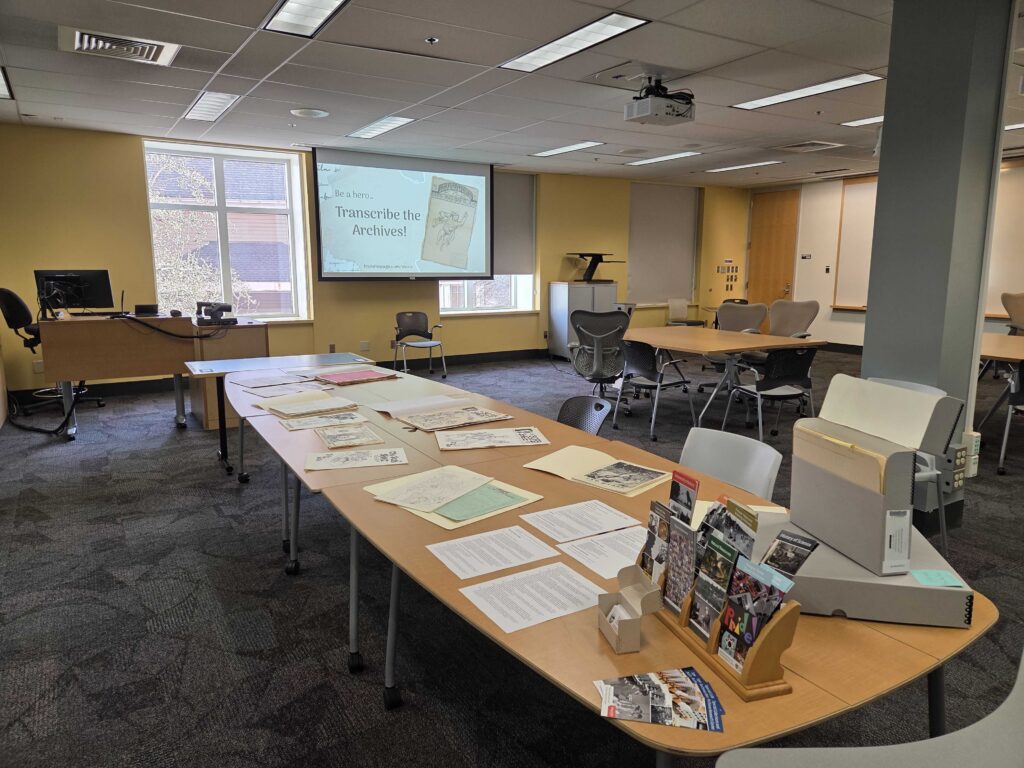
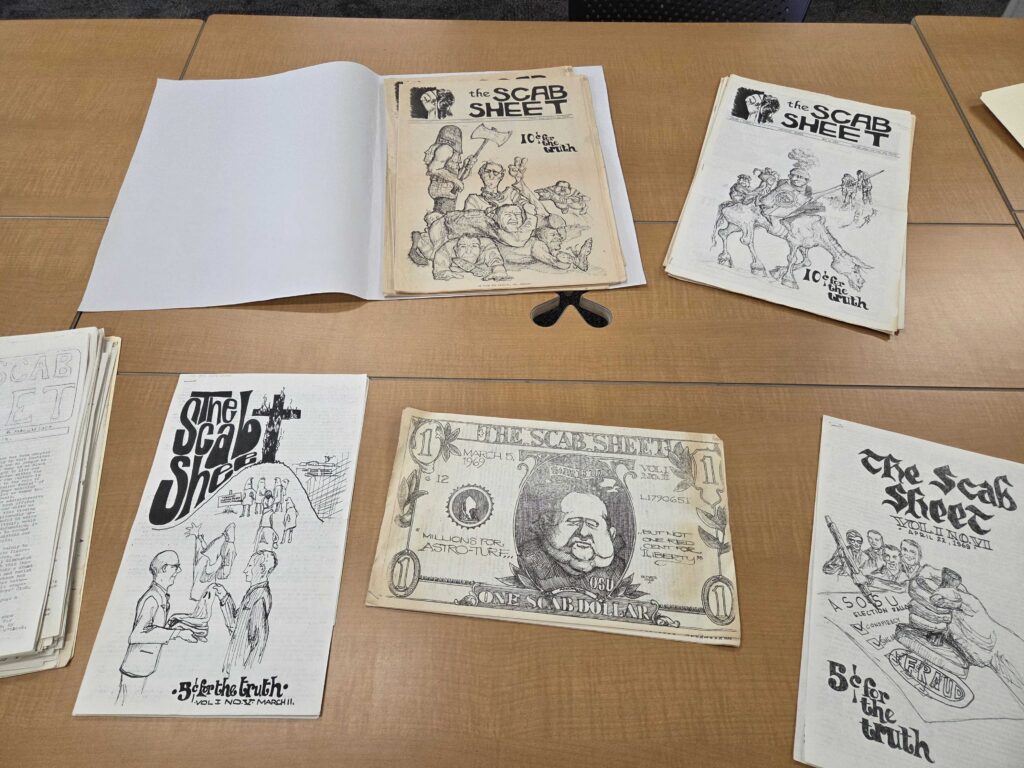
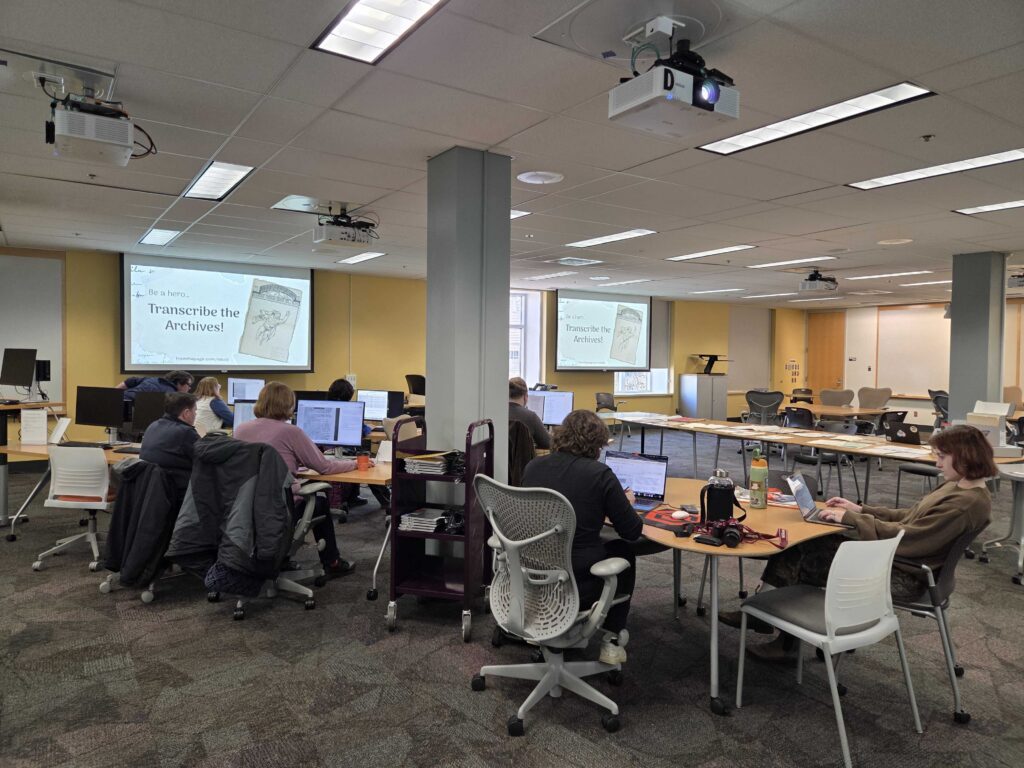
OUR NEXT TRANSCRIBE-A-THON EVENT!
Transcribe the Archives: Happy Birthday, Linus Pauling!
Feb 27, Friday 1 – 3 p.m. @ Autzen Classroom
Happy birthday, Linus Pauling! Help make our archives accessible by transcribing his notes and journals. All are welcome!

